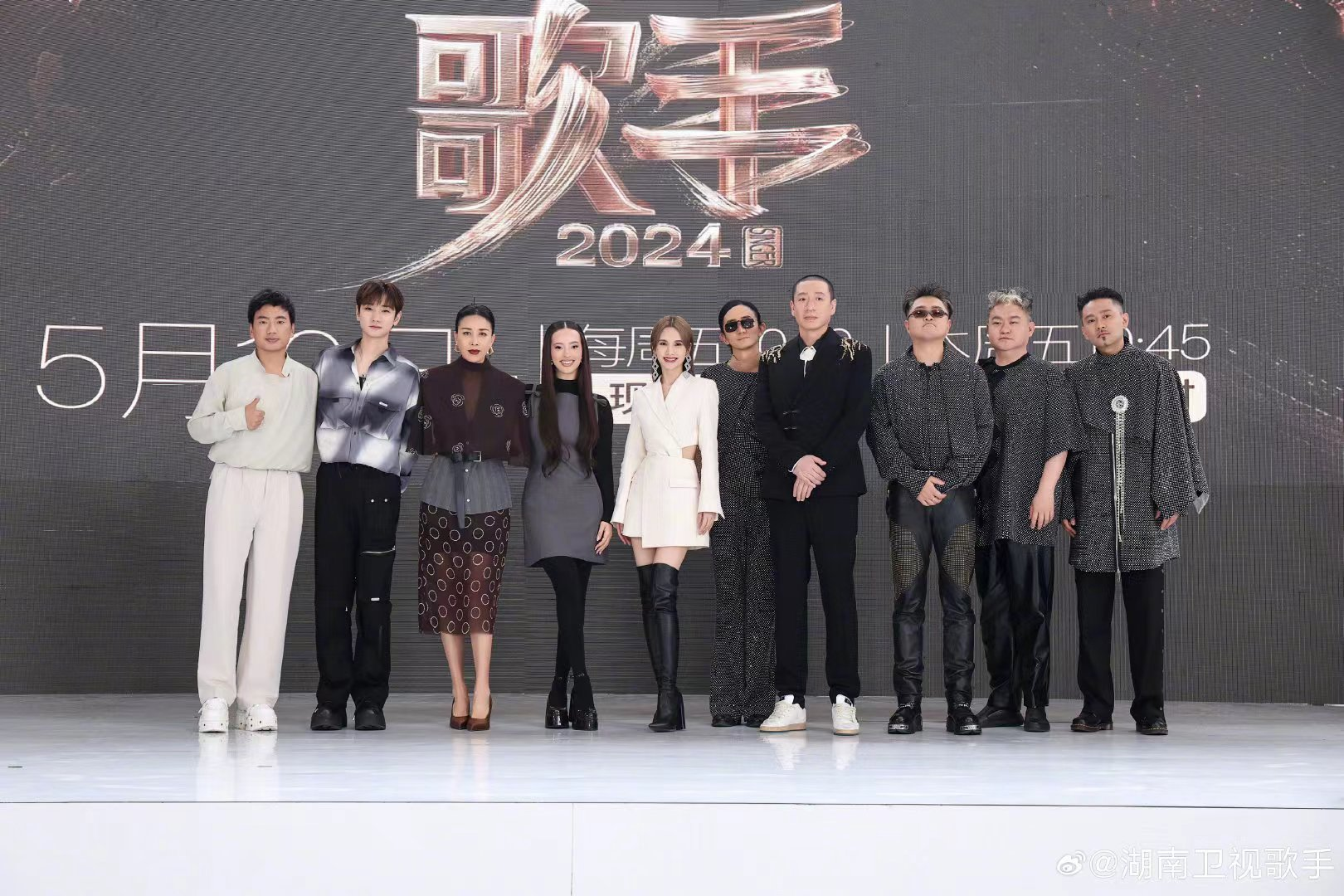
After a four-year absence, “Singer 2024,” a competitive music variety show by Mango TV, returned on Friday night. The first competition featured US singer Chanté Moore, and Moroccan-Canadian singer Faouzia, alongside Chinese artists Na Ying, Wang Sulong, Second Hand Rose band, Taiwan-born singer Rainie Yang, and Hailai Amu, reflecting the serious effort to cater to the varied musical preferences of different populations.
While experienced singer Moore claimed the top spot with her performance of “If I Ain’t Got You,” and Gen-Z Faouzia mesmerized the audience with “Crazy” to earn No.2, the performances of Chinese singers on the show, including the experienced Na Ying, fell short of expectations.
Compared with previous seasons, Singer 2024 has adopted a “live broadcast” format, emphasizing authentic vocal performances without any post-production edits. “Choosing a live broadcast format has indeed narrowed our selection of artists. Many declined our invitations due to the live aspect,” producer Hong Xiao said.
Since the first show, it has dominated the trending list on Sina Weibo, leading to heated discussions online. Some netizens began doubting the future of the Chinese music industry, questioning who could potentially rescue its current state.
“Live, unedited performances are more common in the European and US music industry, meaning the two foreign competitors are more accustomed to such rhythms, enabling them to deliver stable performances,” said Sun Jiashan, an associate researcher at the Central Academy of Culture and Tourism Administration who watched the competition live.
However, he acknowledged a gap in China’s broadcasting standards in the music industry compared to the West. “It is necessary for the Chinese music industry to adapt to the pace of development of live broadcasts, making use of its advantages and setting higher standards for itself,” he noted. “I’m not pessimistic about the results. Chinese singers will improve and adapt to the live broadcast format in the future, gradually enhancing their performance capabilities,” he added.
“Live music variety shows or live entertainment galas are becoming a trend. For Chinese variety shows to go global, they must adapt to international trends. For music shows, it’s crucial to keep up with the trend of fully open mic competitions and live broadcasts, just like those foreign counterparts,” Sun said.
原创编写 版权所有 侵权必究! 每日更新 个性化阅读 英语飙升!
2.The “live broadcast” format __________ according to Hong Xiao.
A has been adopted before
B emphasizes sound editing
C discouraged many singers
D makes singers self-reflect
解析:选C。C细节理解题。根据第三段中的“narrowed our selection of artists”“Many declined our invitations”可知,现场直播的方式使很多歌手望而却步。故选C。
4.What does the future of Chinese variety shows lie in according to Sun?
A Improving the performance quality.
B Reducing tension during live broadcasts.
C Remaining traditional musical features.
D Keeping up with international trends.
解析:选D。D细节理解题。根据最后一段最后一句“For music shows, it’s crucial to keep up with the trend of fully open mic competitions and live broadcasts”可知,孙佳山认为,中国的音乐节目要跟得上全开麦和直播的国际趋势。故选D。
